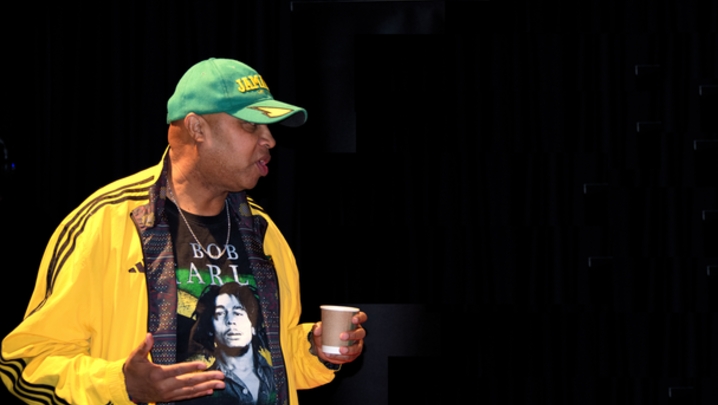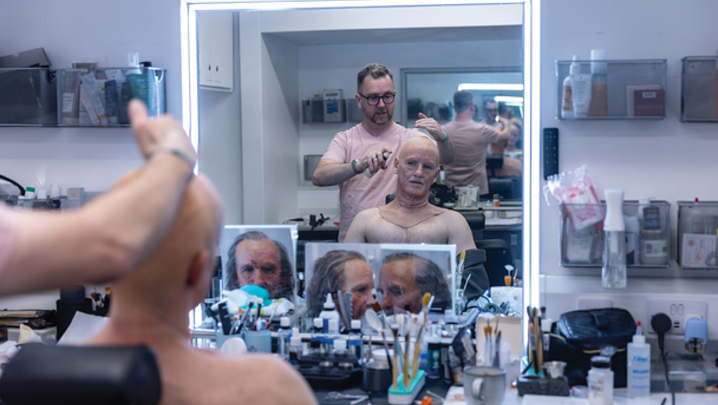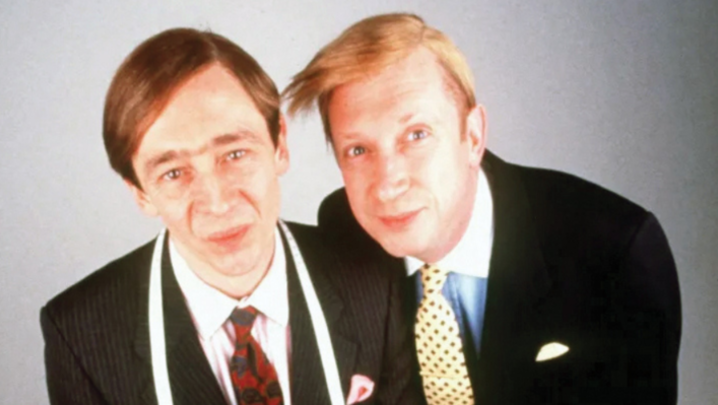An RTS panel urged the TV industry to act faster on sustainable working. Steve Clarke reports
Parallels were drawn between TV’s ambitions to decarbonise and its far-from-swift attempts to introduce a more diverse and inclusive workforce during a fascinating session, “How clean is TV?”, organised by RTS Technology Centre.
Matt Scarff, Managing Director at Albert, the Bafta-owned organisation that works with the industry to help it embed sustainability into its work, said: “There is the power of working together to achieve best practice at speed. When I worked at ITV, it had a very ambitious acceleration plan around diversity and inclusion, which got the whole business focused on it.
“That was not only led by a brilliant CEO, Carolyn McCall, but everyone understood the importance of diversity and inclusion in the broadcast environment. Sustainability is so similar.”
Session chair and sustainability consultant Dee Davison said there was good momentum in the industry regarding greener ways of doing things but, she asked, “Are we moving fast enough?”
“Are we prepared for the effects of climate change over the coming years, including the availability of resources in our supply chains?”
Davison said that “together at speed” could be a slogan for what needs to be done: “We have to move faster; we have to do this together.”
Rohan Mitchell, Group ESG Director at sport production specialists EMG, said: “We’ve made a great start but everyone in the screen industry needs to look at how they can be more efficient and more sustainable.”
People were still travelling in separate cars to productions, but some improvements were visible. “Everybody gets their water bottle and their reusable cup,” he noted. “We’re trying to have renewable energy on site, [but] you’re right, we have to ramp it up. We’ve only been doing it so long and already we see the changes happening.”
He added: “Personally, I don’t think we are doing enough. We need to educate people…. Going forward, how do we embed sustainability within our core business decisions?”
Alison Butler, Sustainability Supply Manager at the BBC, said it was important to encourage suppliers to look at their total emissions and things they can control, such as the electricity they buy.
She added: “The majority of our emissions are in the supply chain…. They have to ask themselves what things they can put in place to decarbonise and reduce the emissions at their organisation?”
Mitchell outlined how sport production had moved into remote production over the past four or five years, led by such UK broadcasters as Sky and TNT.
He calculated that by not travelling to events, emissions were reduced by about 40%. “It takes some of the glamour out of it. I worked in Formula 1 for many years. Now I’m making amends for all the air miles I’ve clocked up.”
Mitchell told the RTS that, in the past four years, the EMG Group had worked on around 5,000 remote productions. “Even if we’re only saving a few kilos of CO2 per event, it’s still an impact.”
He continued: “You can leverage technology, which is what we’re doing, whether it’s a remote production, a Cloud production, or a simplified production. The technology is there now so we don’t have to have everyone going to site.”
Smaller, more efficient trucks were introduced into EMG’s OB fleet last year.
Was there an appetite for trying to do things in a new way? “Yes. It’s also opened out the lower-tier sports, such as streaming women’s netball or non-live rugby league or union. We can cover sports using less equipment and less energy. You have to be agile in this space.
“Many clients have gone down that road but there’s some that still like the traditional path. We still do some big on-site jobs where everyone goes on site.”
‘How clean is TV?’ was an RTS Technology Centre event held on 6 February. The producer was Stephen Stewart.







